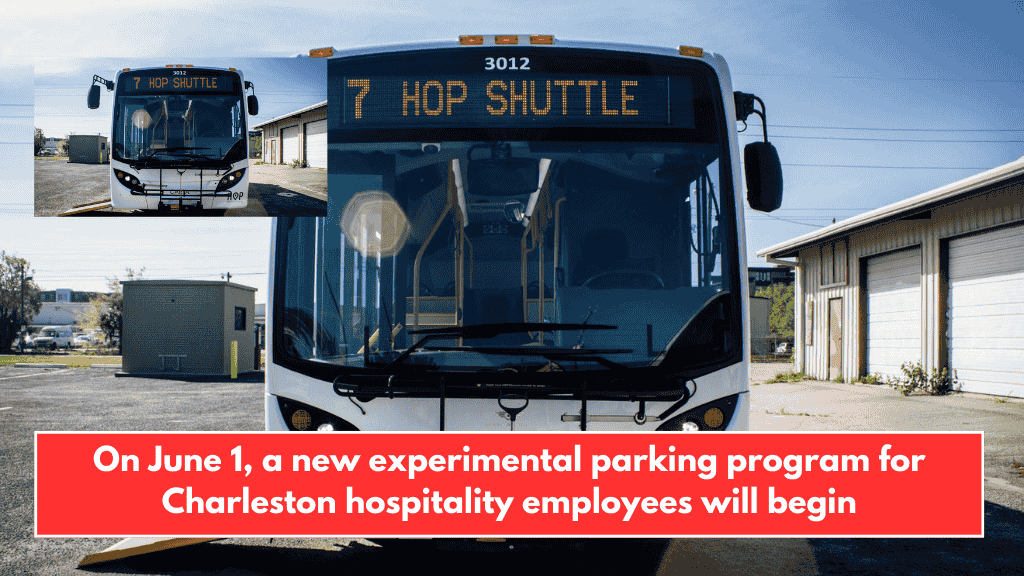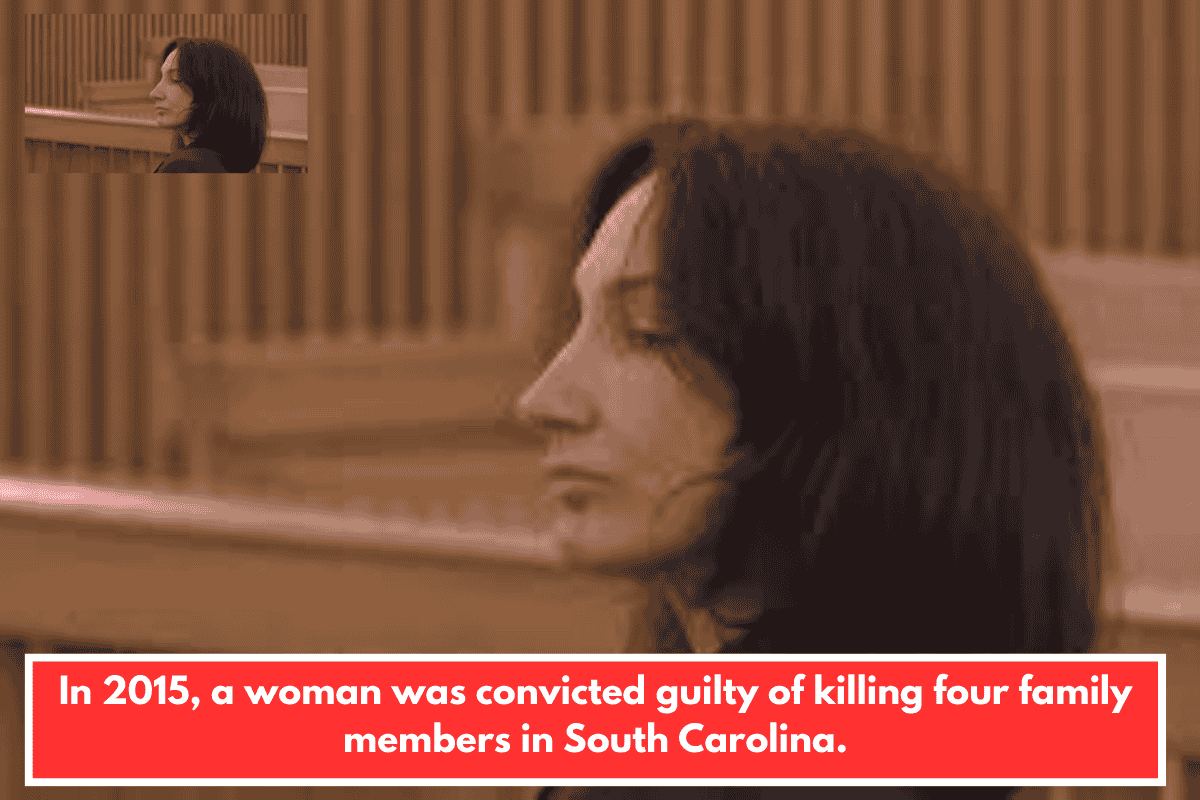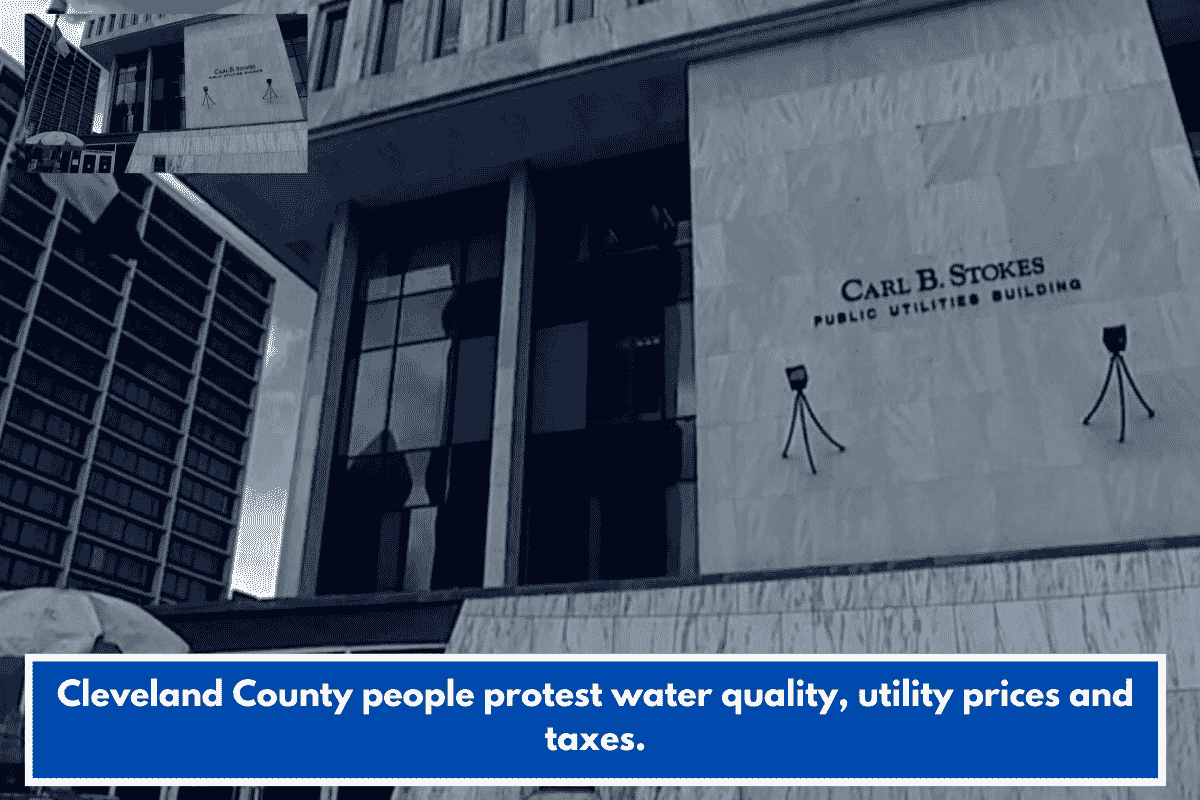Charleston city leaders recently unveiled an exciting new initiative aimed at supporting the city’s hospitality workers. The “Hospitality Worker Parking Pilot Program” will provide free parking for workers with approved permits, beginning June 1. This program is designed to help workers who have struggled with finding affordable, reliable parking near their jobs, particularly in the busy downtown area.
A Step Toward Supporting Hospitality Workers
Mayor William Cogswell of Charleston explained that this pilot program is just the beginning of a broader effort to address parking challenges for workers in the city’s vital hospitality industry. “This pilot program is a first step toward addressing a challenge hospitality workers have faced for years — reliable, affordable access to parking near their jobs,” Cogswell said. He added that while the program starts small, the city hopes to expand it in the future to reach more workers.
The pilot program aims to assist hospitality workers in locations such as restaurants, bars, and hotels in the heart of Charleston. Starting May 12, businesses in the area can apply for parking permits on behalf of their employees. The program will run through May 30, and workers with approved permits will have access to parking spaces beginning June 1.
Where Will the Parking Be Available?
The parking spaces provided under the pilot program will be located at Union Pier Lot B, situated at 196 Concord Street. The city will offer 70 designated parking spaces, available around the clock for permitted workers. These spaces will be clearly marked for easy identification. The city’s public transportation system, CARTA, is also helping by reinstating the “Hospitality on Peninsula” (HOP) route. The HOP bus service will pick up workers from Union Pier Lot B and transport them throughout downtown Charleston, ensuring a smooth commute to their workplaces.
How the Parking Program Works
While parking permits for the program will cost $15, the actual parking at Union Pier Lot B will be free for approved permit holders. It’s important to note that the parking spaces are available on a first-come, first-served basis, and all city parking rules will apply. Additionally, permits are not tied to specific vehicles, which means they can be shared among employees within a business.
This new initiative by Charleston aims to ease the burden on hospitality workers who have long struggled with parking issues. By offering designated spaces in a central location and partnering with public transportation, the city hopes to make daily commutes easier for workers in this vital sector. If successful, the program may be expanded to help even more workers in the future.










